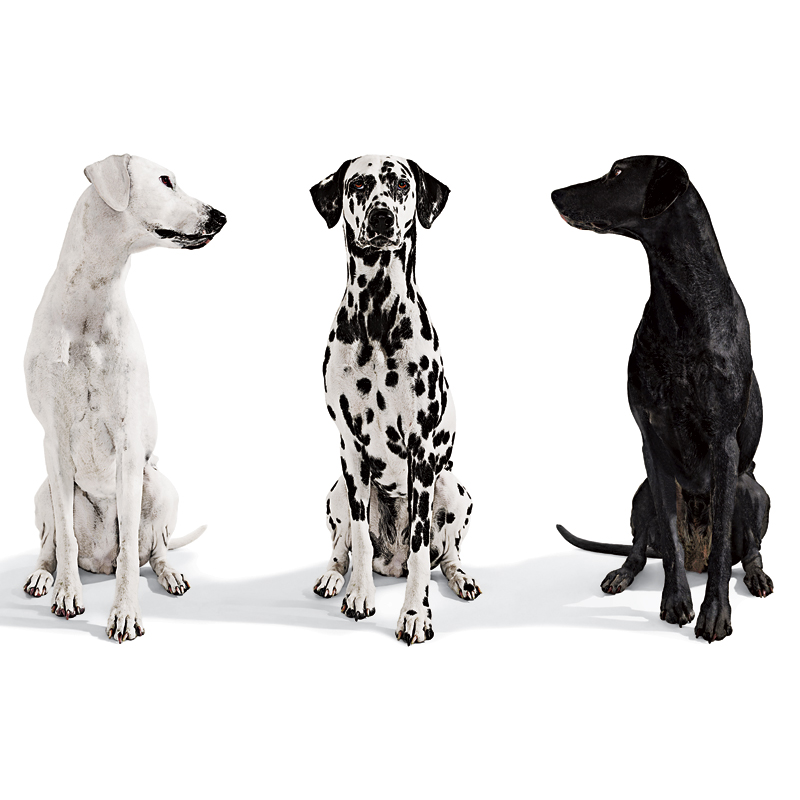One of the things that tells me I am not in Brazil anymore is that when I step out of the airplane, I’m just somebody else. I blend in. We all have the desire to be seen as the unique beings that we actually are. Even identical twins, technically genetic clones, are unique. This is part of constructing and cultivating a healthy identity. The other side of this coin is being the focus of unwanted attention because you are “too” unique.
There are many definitions for hate, some of which assume it to be one of the fundamental feelings (whether a feeling or an emotion, that too is subject to controversy). It makes biological sense. It also makes sense that fear and hate be so closely related. If we consider the fight or flight response, triggered at a non cortical area of the brain (the chief locus of the reaction is the amigdala), it is somewhat intuitive that fear is important for the flight response, whereas hate is motivationally relevant for the fight response.
Sometimes, when, for any combination of cultural reasons, a group cannot come to any understanding of what some individual is or why he behaves in one or another way, the result is hate. In this case, hate is secondary to fear of the unknown. I am familiar to triggering this type of reaction in others in Brazil since my earliest years.
Hate may also derive from sheer intolerance. If one is completely unable to accept a certain behavior, discourse or appearance, the response may be one of hate. Our industrial societies are heterogeneous in varying degrees. Cultural complexity in dense areas (high number of people/area), have a direct correlation with hate. People from incommensurable (in the sense that basic terms in the language and basic concepts from one culture cannot be translated into the other) cultures tend to look for their similar and stick together. Inter-cultural contact, under stressful situations, frequently results in violence and hate. In Brazil, the best I could ever hope for was a low level of similarity within any group. The highest integration I had was during my academic years. When the solution to my problems brought me to the strength sports, the cultural clash between a still naïve me and an environment dominated by delinquency-tolerant (let’s be honest: the leaders were involved with crime), uneducated, anti-intellectual, sexist, bigot and religious people brought hate right back into the core of my daily life. It took me years to invent and carve a new space for powerlifting in Brazil, now colonized by young people with a higher level of education and no familiarity with crime.
Hate very frequently derives from envy. That is something I am familiar with since what feels like forever. I was programmed by my blood family to excel. If this is good or bad, it makes no difference after it becomes second nature to a child. I used to hang out with the people who defended meritocracy at public research universities against ironically both the extreme right and left, who claimed it was an imperialistic heritage we should reject. Being a radical meritocrat didn’t exactly help me make friends in Brazil.
All that vanishes as soon as I set foot on American ground. The United States have a history of hate management since it became a Nation. Americans don’t need to pretend there is no hate in society. The result is that it is (relatively and compared to Brazil and other places) easier to solve hate issues. Whatever we pretend is not there is almost impossible to manage. So yes, I recognize the signs of hate in the US, but I’m never at the center of anything. In big cities like DC or New York, hate is all around. Intolerance, fear, you name it. But not against me, except as side effect. I am just somebody else.
Every controversial position I defend that is a big deal in Brazil, putting me in an outstanding position to be hated, is just another point of view shared by a bunch of people in the US. In academia, the diversity is huge and even when I side with a minority point of view, I am never alone. In the strength sports there are a lot of people like me. There are a lot of people unlike me, as well. There are a lot of people, period.
In the strength sports, hate emerges every now and then. There are ugly conflicts. I don’t like them and I even tried (like many other people did and gave up) to interfere and negotiate some peace. I failed. I gave up. I hang out with people who think like I do (and there are many) and I ignore whatever I don’t approve of. I am not the center of any conflict.
Hate is inevitable in our conflictive heterogeneous societies. It is not a good thing and as a society, we try to come up with solutions to the many problems derived from hate. But it is a welcome relief not to be an isolated focus of collective hate.
I can breath.

